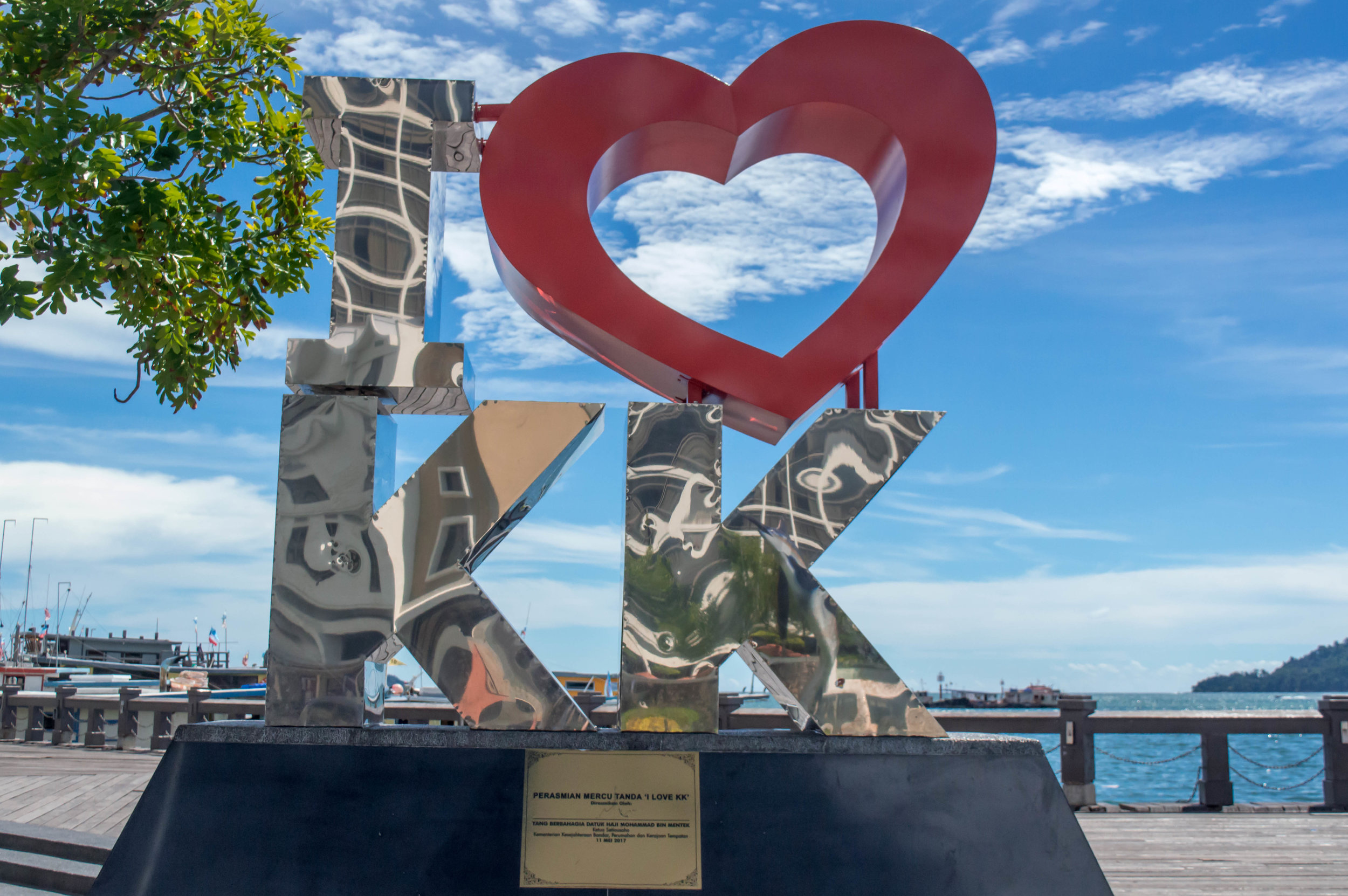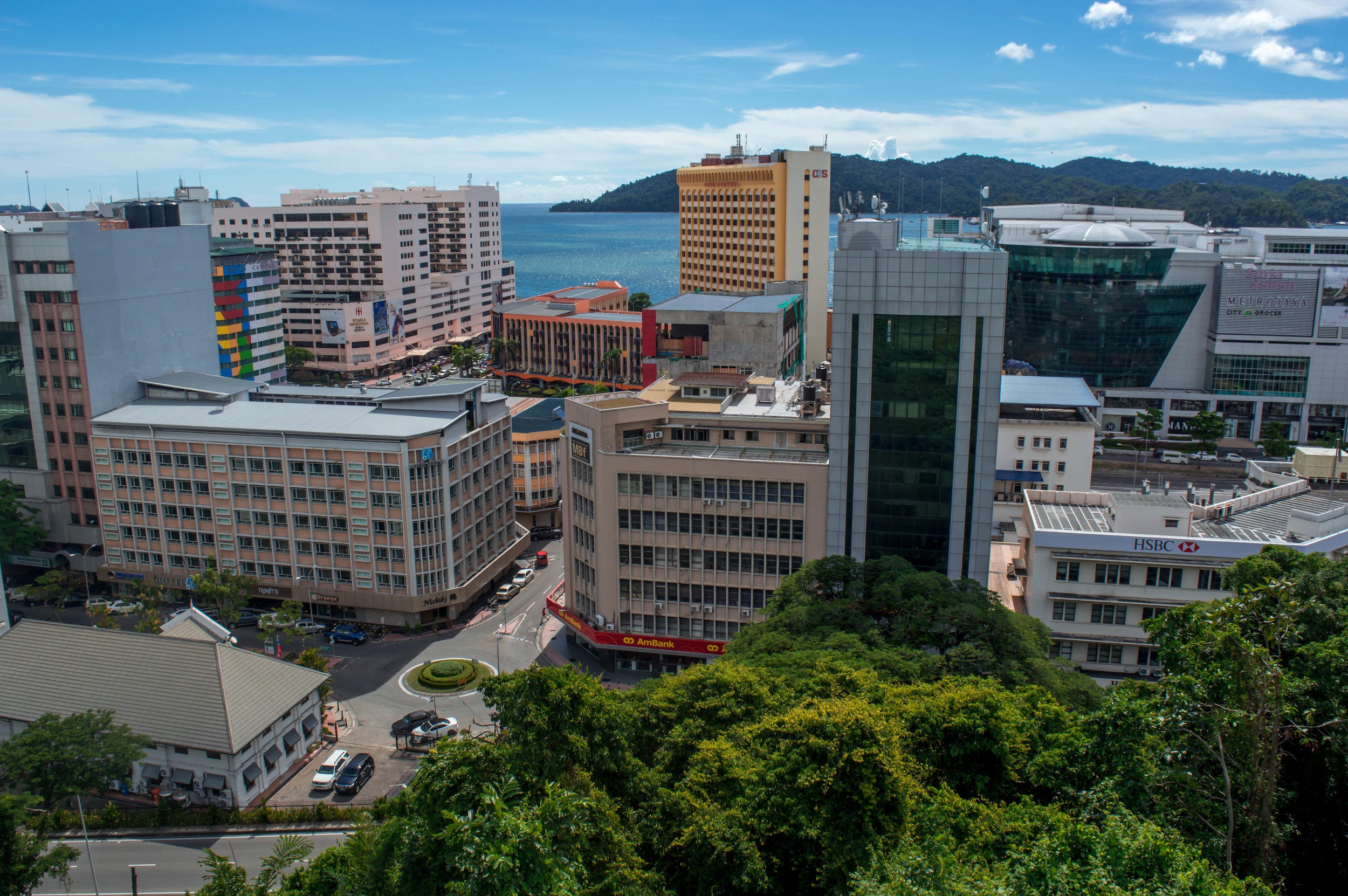
Sabah's History
IMPORTANT - We inform Blue Kinabalu Travel Agency dear customers that we are aware that scammers are using Blue Kinabalu Travel Agency name and brand to sell tours including Semporna / Danglai Resort - Please DO NOT make any payments to PERSONAL ACCOUNTS - before you make payment please call our office number +60-088-275388 or Call/WhatsApp +60-(0)13-979-6782
Please note that Blue Kinabalu Travel Agency Sdn Bhd are not liable for any losses resulting from scams.
Did you know?
Historically, the area that is now Sabah was from the 1880s a British protectorate called North Borneo that was administered by The North Borneo Chartered Company that produced timber and rubber for export. As the population was at that time too small to effectively service the economy, the British engaged in various initiatives to encourage Chinese migrants to move to North Borneo to help develop agriculture and the wider economy and many of their descendants live her today. During World War II the Japanese occupied North Borneo and the territory was placed under military administration and post-war was designated as a crown colony.
Then in 1963, with the British wishing to divest itself of empire the area was granted self-government and Sabah became one of the founding members of the Federation of Malaysia.
The town of Sandakan was once the capital but post-war Jesselton, later known as Kota Kinabalu (referred to by all as ‘KK’) was granted city status in 2000 and has remained the State Capital of Sabah.
SABAH TODAY
Ethnically, Sabah is made up of Bahasa Malaysia, Malaysian Chinese and indigenous local people and of the 32 tribal people the Kadazan Dusun people are the main local representation. Accordingly, many languages are spoken in addition to the official language of Bahasa Malaysia such as Mandarin, Chinese dialects of Hakka, Hokkien and Cantonese…and of course English! To emphasise this English is one of the three languages that has been taught in school for many years so communication is not a problem.
The different ethnic groups live together respectfully and harmoniously, and, on your travels, you’ll probably see churches, mosques and temples. Sabahans love a festival as an opportunity to gather together and spend quality time with family, friends and enjoy fine local food and Christmas, Chinese New Year, Harvest Festival, Hari Raya and Diwali are all equally, publicly and enthusiastically celebrated with ‘Open House’ where all are welcome and these festivals are all marked by Public Holidays.
KK is now a busy and bustling city that is by far the largest in Sabah with Sandakan and Tawau smaller cities that have local airports and of course there are many interesting smaller towns on the coast and in the interior. Tourism continues to support Sabah’s wider economy and although modern amenities are widely available ‘KK’ and Sabah in general maintain their natural and old-world charm to complement the outstanding natural beauty


